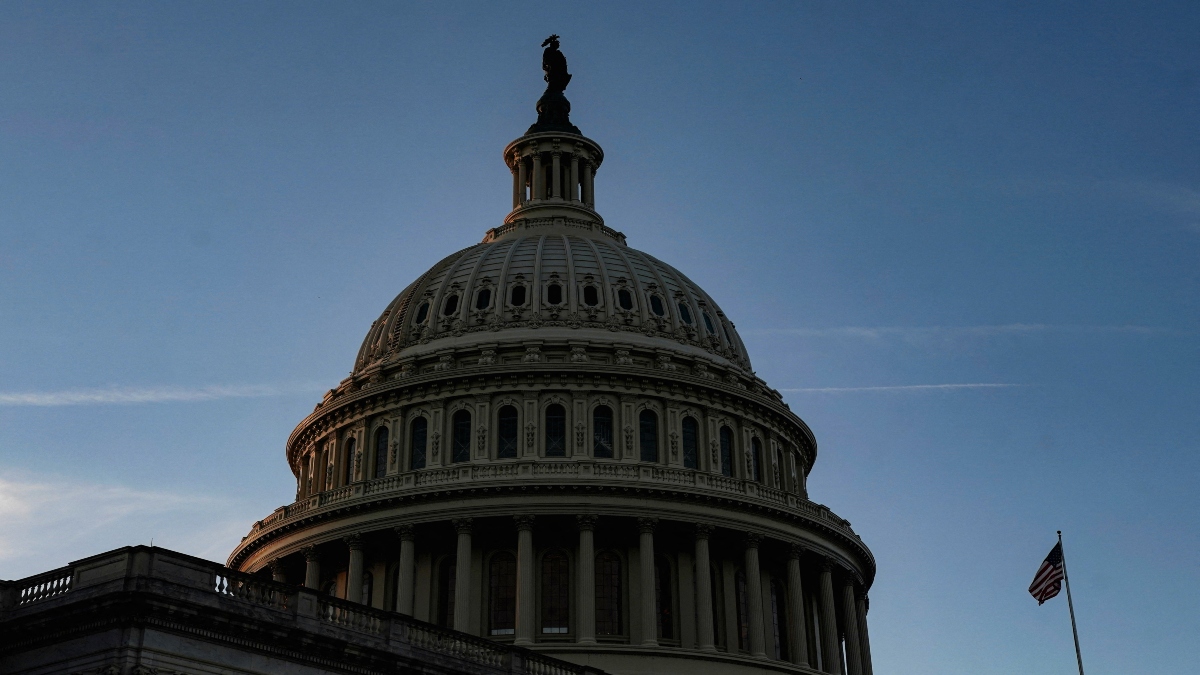As the US government shutdown entered its third day, the Trump administration on Friday froze $2.1 billion in federal funding designated for Chicago’s transit system, cutting off another major Democratic stronghold from crucial infrastructure support.
According to a Reuters report, White House Budget Director Russ Vought said the funding—intended for upgrades to Chicago’s elevated train lines—was being withheld to ensure it wasn’t “flowing via race-based contracting.”
The move adds to a growing list of funding freezes targeting Democratic-led cities and states.
Earlier this week, the administration blocked funds for transit projects in New York, home to the top two Democrats in Congress, and suspended $8 billion in green energy projects across California, Illinois, and other states. In total, at least $26 billion in funding has been frozen so far, added the report.
President Donald Trump has frequently taken aim at Chicago, the nation’s third-largest city, threatening in the past to deploy National Guard troops to address crime and social unrest.
The city is also the political base of Illinois Governor JB Pritzker, a Democrat widely viewed as a potential 2028 presidential contender.
Meanwhile, in Washington, there was no sign of progress on ending the funding impasse.
The US Senate is expected to vote on competing Democratic and Republican proposals to end the shutdown, but neither is likely to pass, reported Reuters.
If the shutdown stretches into Saturday, it will become the fifth-longest in US history.
Impact Shorts
More ShortsLawmakers on both sides continue to trade blame for the failure to pass a budget beyond the October 1 deadline, marking the start of the fiscal year.
Roughly $1.7 trillion in government funding — about a quarter of annual federal spending —remains frozen due to the standoff. The rest of the federal budget is largely allocated to healthcare, Social Security, and interest payments on the national debt, which now exceeds $37.5 trillion.
Healthcare fight
Democrats insist any funding deal must include an extension of pandemic-era healthcare subsidies set to expire in December, while Republicans argue the issue should be handled separately.
Meanwhile, former President Trump has escalated pressure by targeting funds for Democratic-leaning states and threatening to fire more federal employees — adding to the 300,000 already set to be ousted by year-end.
Now in its 15th shutdown since 1981, the budget impasse has halted scientific research, financial oversight, and other federal operations. Around 2 million federal workers are going unpaid, though essential personnel — including troops and airport security — must continue working.
The government also skipped its monthly unemployment report on Friday, leaving markets in the dark about the state of the economy.
If unresolved, the shutdown could soon disrupt air travel, food assistance, and court operations. Federal workers are expected to miss their first paycheck by mid-October.
The current standoff recalls the longest shutdown on record — 35 days in 2018–19 — also under Trump’s presidency.
The Senate has already rejected both parties’ funding proposals three times. Republicans want to fund the government through November 21, while Democrats also want to extend the expiring health subsidies.
Though Republicans control both chambers, they need at least seven Democratic votes in the Senate to pass any spending bill.
Bipartisan talks are underway, but some Democrats remain wary, citing concerns that Republicans won’t uphold a deal that separates reopening the government from healthcare funding. The subsidies, part of a 2021 COVID relief law, help 24 million Americans afford insurance.
With inputs from agencies
)